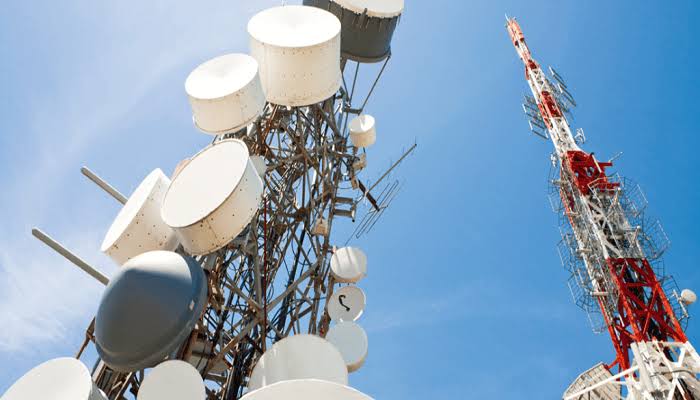News Investigators/ The Nigerian Communications Commission (NCC) says its decision to return to market-driven pricing in the telecoms sector has spurred over one billion dollars in infrastructure investment in 2025.
Aminu Maida, Executive Vice-Chairman of the NCC, said this during an interactive session with journalists in Lagos on Friday.
He explained that the policy shift, introduced in January and February 2025, allowed mobile network operators to adjust tariffs by up to 50 per cent after nearly a decade of stagnant pricing.
“This act alone, has allowed investments to flow in. We will be revealing more specific figures in the coming weeks after verification, but we are talking about over a billion dollars worth of investment in 2025 alone,” he said.
Mr Maida said that the move restored investor confidence in the sector and reversed a trend of under investment that had slowed network growth and service quality improvements.
According to him, the imbalance in the value chain, where tower companies can adjust prices annually for inflation and exchange rates but mobile network operators cannot had discouraged new investment.
“This is an industry that requires continuous investment. The world is moving ahead, and if we do not create the right conditions, we will be left behind,” he said.
The NCC boss said the commission decided to return to the guiding principles of the 2000 Telecom Policy and the 2003 Communications Act, which allowed market forces to determine fair prices while maintaining healthy competition to protect consumers.
He disclosed that some of the new equipment ordered by operators had started arriving in the country since June, with network expansion and upgrade works already underway.
“We are closely tracking the rollout. We hold weekly calls with operators to monitor how many sites are being built, upgrades done and we step in when they encounter challenges with authorities,” Maida said.
He added that the investments would help address capacity challenges, improve service quality, and ensure Nigeria remained competitive in the global telecom landscape.
The NCC boss also highlighted operational cost pressures facing the industry, noting that operators consumed over 40 million litres of diesel monthly to power their base stations, with most of the product imported.
He said the industry’s dependence on foreign exchange (FX) for importing all network hardware and software added to the challenge, as no major telecom equipment was manufactured locally.
“There is nothing you need to build or upgrade a network today in Nigeria that you can buy locally. Everything from the hardware to the software has to be imported and that requires FX,” Maida said.
On protecting telecoms infrastructure, he said the commission was working with the Office of the National Security Adviser to develop a framework for rapid response forces tailored to the unique challenges in each region.
He noted that threats vary by location, with some coastal areas requiring community-based engagement, while high-insecurity zones may need stronger civil defence presence.
According to him, the protection strategy goes beyond force and focuses on addressing structural issues that make telecom sites vulnerable, such as poor security measures, generator theft and community disputes.
NAN
